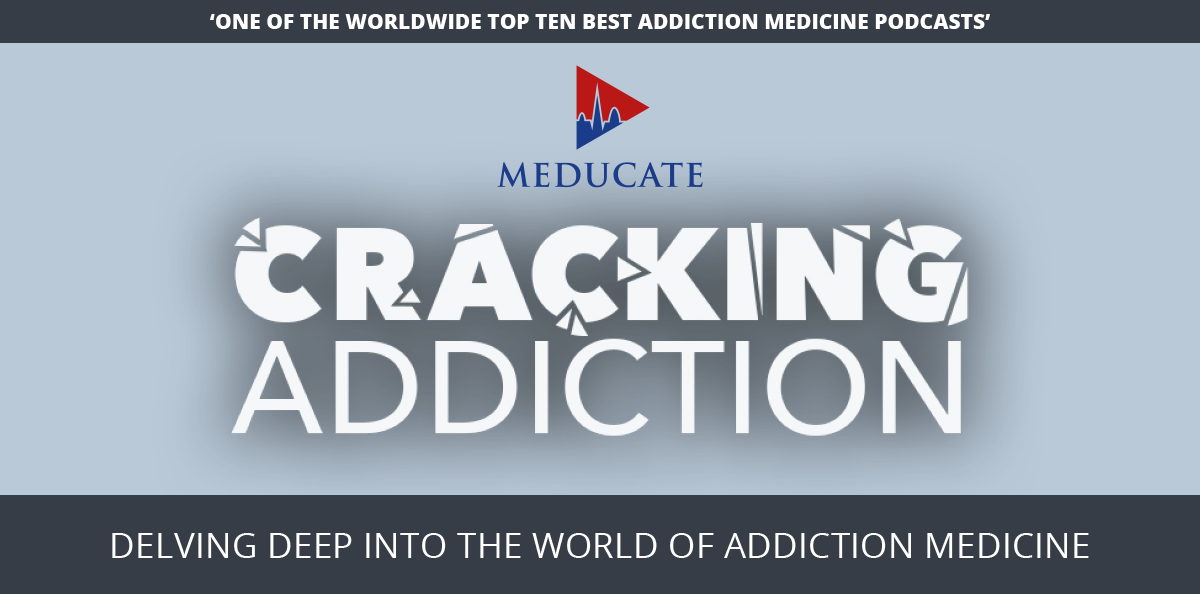The 6th Step: Surrendering to Change and Seeking Transformation in Addiction Recovery
Dr. Ferghal Armstrong and Dr. Laura Petracek discuss the 6th step of the twelve-step process of addiction recovery. They explore the concept of God in this step and emphasize that it can be interpreted as a higher power or even nature. They also question the passive nature of this step, as it involves asking an external force to remove our character defects. The discussion delves into the Christian origins of the steps and how they may not resonate with everyone. Ultimately, Dr. Petracek suggests rewording the step to focus on being willing to acknowledge and actively work on our faults and shortcomings.
Key Points:
1. The 6th step originally had a Christian foundation but can be personalized to a higher power of choice.
2. Asking God or a higher power to remove defects of character may absolve individuals of personal responsibility for change.
3. Motivational interviewing can help individuals identify obstacles to change and improve readiness.
4. Sponsors play a crucial role in guiding individuals through the steps, but may not have psychological training.
5. The phrase "we are entirely ready" implies a commitment to change without holding back or making exceptions.
6. Modern psychological tools like CBT and motivational interviewing can complement the twelve-step process.
7. The reworded 6th step focuses on acknowledging and actively working on faults and shortcomings, providing a more accessible approach.
8. Accountability and agency are emphasized in the reworded step, promoting personal responsibility for change.
9. The process after the 5th step involves a simple prayer expressing readiness for defects to be removed.
10. The 6th step is brief and vague, leaving room for interpretation and individualized implementation.
Learning Outcomes:
1. Understand the historical context of the 6th step and the potential limitations of its Christian origins.
2. Recognize the potential pitfalls of passively relying on a higher power to remove character defects.
3. Explore motivational interviewing techniques to assess readiness for change and identify obstacles.
4. Appreciate the importance of sponsors who possess psychological insight in guiding individuals through the steps.
5. Reflect on the significance of being entirely ready and the commitment it entails for personal growth.
6. Integrate modern psychological tools, such as CBT and motivational interviewing, to enhance addiction recovery.
7. Reevaluate the wording of the 6th step to focus on personal accountability and actively addressing faults and shortcomings.
8. Empower individuals to take responsibility for their own growth and change in addiction recovery.
9. Understand the simplicity of the 6th step process, involving a prayer expressing readiness for change.
10. Recognize the individualized nature of implementing the 6th step and the room for interpretation.
Actionable Takeaways:
1. Assess your willingness to change and reflect on any attachments or payoffs that may hinder personal growth.
2. Engage in motivational interviewing with yourself or seek help from a sponsor to identify obstacles to change.
3. Seek sponsors or support networks knowledgeable about psychological tools like CBT and motivational interviewing.
4. Embrace the concept of being entirely ready without making exceptions or holding back from personal growth.
5. Adapt the 6th step to be more accessible and relatable by focusing on actively acknowledging and working on faults and shortcomings.
6. Foster personal accountability and agency in the recovery process by taking responsibility for your own growth and change.
7. Incorporate modern psychological tools, alongside the twelve-step process, to enhance addiction recovery outcomes.
8. Practice the simple prayer expressing willingness and readiness for change in the 6th step process.
9. Embrace the individualized nature of the steps and find interpretations and implementations that resonate with you.
10. Continuously reflect on your progress and willingness to change, and remain open to personal growth throughout recovery.



